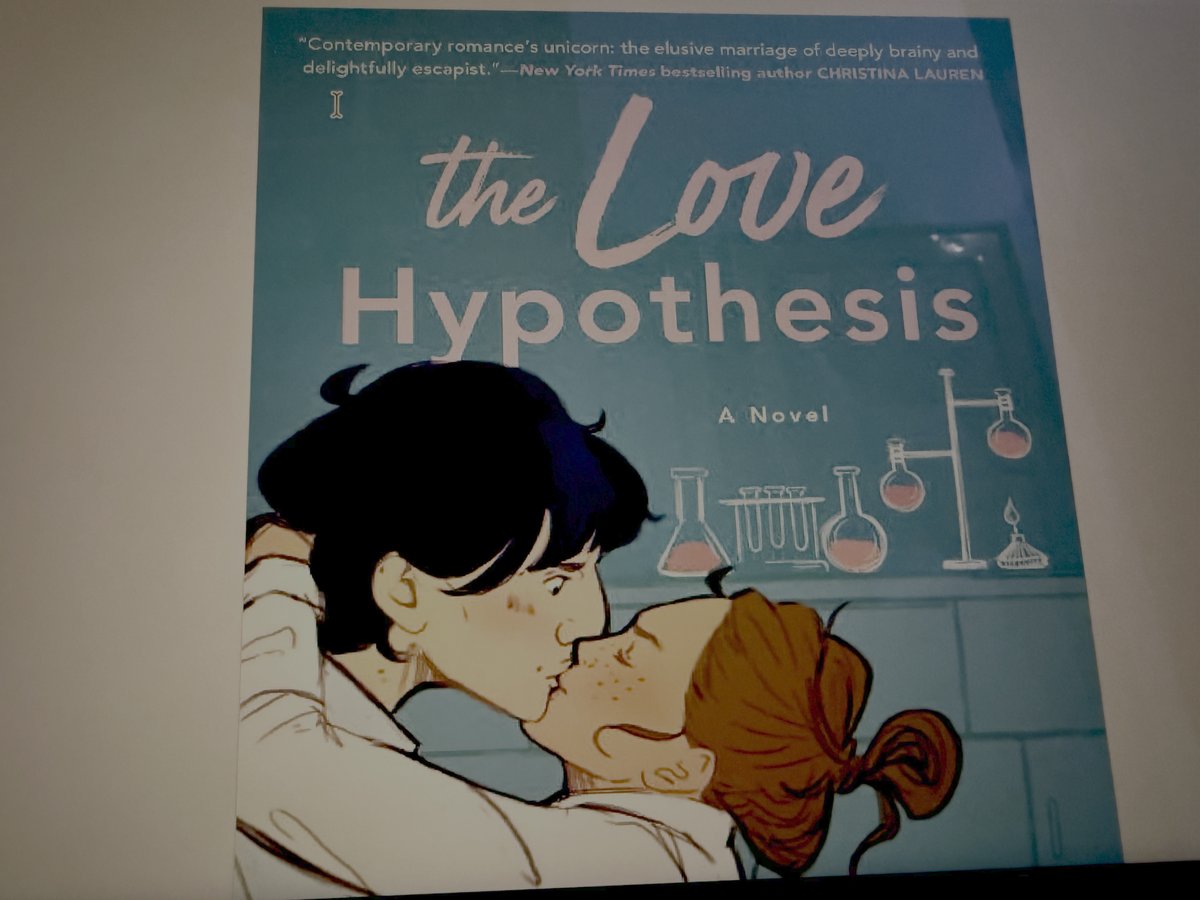The Love Hypothesis by Ali Hazelwood is a heartfelt exploration of vulnerability, trust, and the transformative power of love. With its blend of wit, science, and raw emotion, this novel invites readers into a world where falling for someone means risking everything—and discovering that it just might be worth it.
A Deep Dive into Emotional Honesty At its core, The Love Hypothesis asks what it truly means to be in love. When Olive muses, “I’m starting to wonder if this is what being in love is. Being okay with ripping yourself to shreds, so the other person can stay whole,” we feel the weight of her sacrifice and her bravery. Love isn’t safe; it demands that we expose our most fragile parts so someone else can hold them gently.
Trust and the Promise of Safety Olive’s journey toward trust is tenderly captured when someone reassures her, “You can fall in love: someone will catch you.” It’s a simple yet profound reminder that opening up doesn’t have to end in heartbreak. And when that person vows, “And then I’ll come find you, and I’ll take care of you,” we sense a promise that love can be a sanctuary rather than a battlefield.
Seeing Ourselves Through Loving Eyes One of the most poignant moments arrives with, “I wish you could see yourself the way I see you.” This line speaks to the heart of self-doubt and the healing power of unconditional acceptance. In Hazelwood’s hands, this wish becomes a bridge between two flawed individuals learning that true intimacy starts with seeing—and cherishing—each other’s imperfections.
The Intensity of Devotion Hazelwood doesn’t shy away from the fierceness of protective love:
“If you say another word about the woman I love, if you look at her, if you even think about her—I’m going to fucking kill you.” This raw declaration underscores how deep attachment can blur the lines between passion and obsession. Yet it also reflects a primal instinct to guard the person who has become one’s world.
Vulnerability as Strength Finally, the novel champions the courage it takes to let walls down. Olive admits, “I know it’s scary, being vulnerable, but you can allow yourself to care. You can want to be with people as more than just friends or casual acquaintances.” In Hazelwood’s portrayal, vulnerability is not a weakness but a gateway to profound connection.
The Love Hypothesis is more than a romance; it’s a celebration of emotional risk-taking. Hazelwood’s characters remind us that letting someone in can be frightening, but the promise of being truly seen—and caught—is worth the leap. This novel will resonate with anyone who’s ever wondered if love can endure the messiness of real life—and found themselves daring enough to find out.
